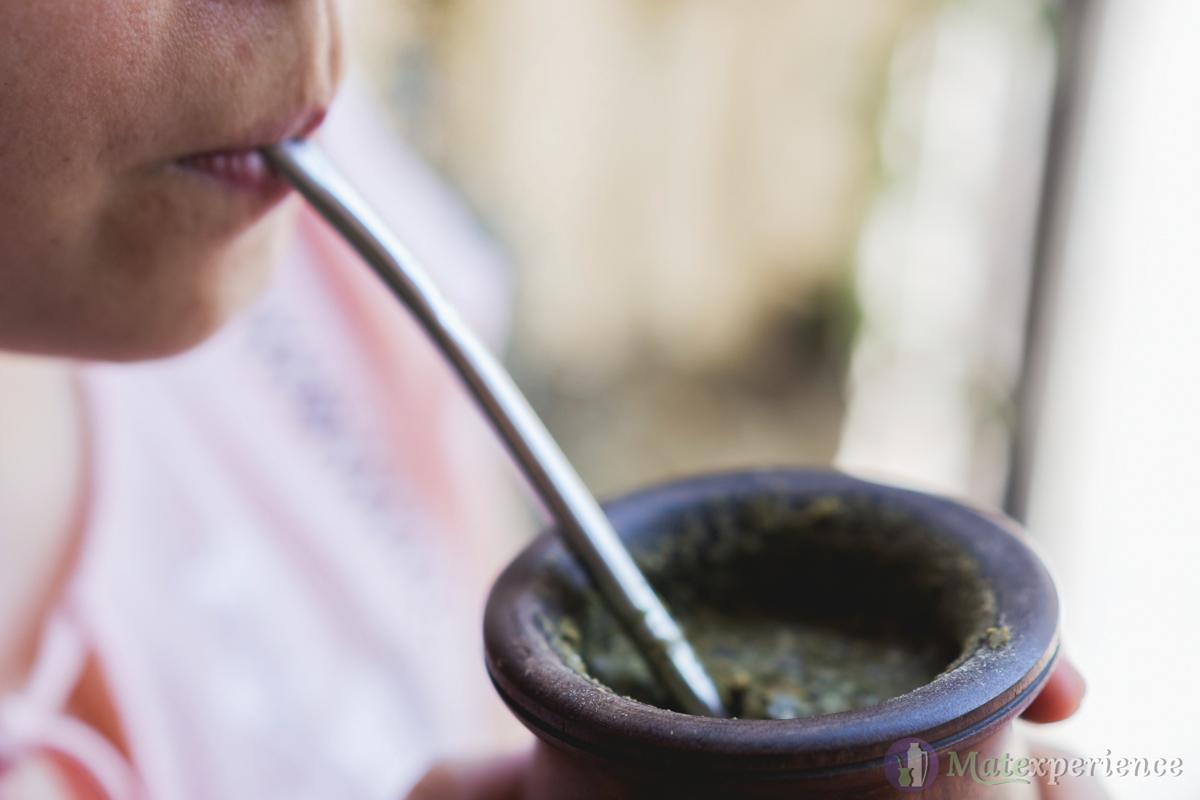In the last few weeks several big online media outlets published articles with similar headlines — “The tea that could ‘triple your risk of cancer‘”, “Drinking this tea is as dangerous as ‘smoking 100 cigarettes’”. These articles, claimed to be backed by scientific studies, resurfaced the discussion about alleged relationship between yerba mate consumption and increased risk of contracting certain types of cancer, and left a lot of people worried, scared and confused. In response to that, National Institute of Yerba Mate (INYM) itself published an article, reiterating that the consumption of yerba mate is a healthy habit and the association of it with an increase in the risk of contracting cancer is not scientifically proven.
You may have seen articles from The Sun and NY Post, published with bold exaggerated titles that were used to attract as much attention as possible, claiming that drinking mate is the same as ‘smoking 100 cigarettes’. Especially The Sun, being a British tabloid, conveniently and wrongfully called yerba mate a “tea” in its headline, supposedly to make their mostly British audience react and get scared, wondering if the tea they are drinking is cancerous.
The tabloids mentioned two agents directly associated with the consumption of mate, as responsible mechanisms: the presence of polycyclic aromatic hydrocarbons (PAHs) in the infusion and the temperature of water used for preparation. However, scientific research confirmed that both the consumption temperature and the levels of PAHs of mate are safe according to what is established by organizations such as the World Health Organization and the International Agency for Research on Cancer, INYM responded in their article.
Levels of PAHs in yerba mate
The main point of concern, according to the tabloids is the fact that yerba mate contains a carcinogen called polycyclic aromatic hydrocarbons (PAHs). They referred to a study, published in Cancer Epidemiology Biomarker and Prevention journal in 2008, that associated drinking mate with cancers of the esophagus, oropharynx, larynx, lung, kidney, and bladder, due to the substantial exposure to PAHs, including known carcinogens, such as benzo[a]pyrene.
Contrary to this, INYM noted that PAHs, whose main exponent is benzo[a]pyrene, are chemical substances that are not part of the composition of yerba mate leaves and stems. These substances, if they appear in the elaborated yerba mate, are not soluble in water, so it has been proven that their transfer from yerba mate to infusions is very low or none. The Yerba Mate Research Group of the Faculty of Exact, Chemical and Natural Sciences of the National University of Misiones (UNaM), led by Dr. Miguel Schmalko and Dr. Ana Thea, published a newer study in which the content of PAHs in the main forms of consumption of yerba mate was evaluated: mate caliente (mate), mate frío (tereré) and mate cocido. After carrying out the experiments, it was observed that none of the infusions studied exceeded the maximum level suggested by the WHO for the content of benzo[a]pyrene in drinking water (700 ng/L).
Water temperature and risks of thermal injury
Another significant thing that contributes to an increased risk of contracting cancer, outlined by tabloids, is the thermal injury caused by very hot temperatures of water. In a referred study, drinking tea at temperatures that are higher than 65°C / 150°F is associated with an increased risk of esophageal squamous cell carcinoma.
In response to that, INYM emphasized that temperature at which the water is heated for the mate is not the same as the temperature at which the drink reaches the mouth. Traditionally, mate is prepared with water that does not exceed 85°C / 185°F . In yet another recent study, UNaM researchers revealed that the temperature of traditionally prepared mate never exceeds 58°C / 135°F when it reaches the mouth, even when they used 90°C / 195°F water for its preparation. For this experiment, they designed a special bombilla with temperature sensors that measured the temperature difference of mate between the filter of the bombilla and the opposite side that comes in contact with mouth. This experiment concluded that unlike coffee and tea, which are consumed in the cups and the infusion is put in direct contact with the mouth, the water for mate loses a lot of temperature when it comes into contact with yerba mate, and when the infusion is being sucked though the bombilla the temperature drops even more.
Yerba mate may actually help with beating cancer
On the contrary, recent studies, such as the one carried out by the Center for Molecular and Translational Oncology of the National University of Quilmes, demonstrated that yerba mate infusions reduced tumor metastasis and increased mice survival with breast and colon cancer. In the end, INYM concluded that drinking mate that is prepared traditionally, is a safe and healthy habit, confirmed by multiple scientific studies.
Mate
Yerba mate
Tereré
Mate cocido
Bombilla



